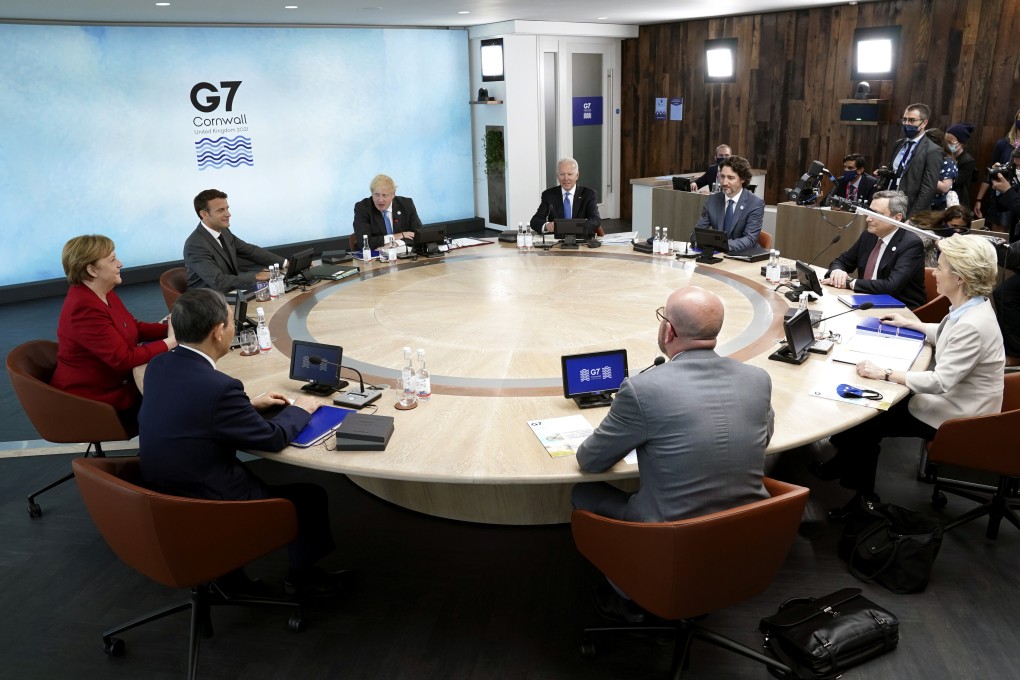Advertisement
Asean nations left ‘exposed’ by global minimum corporate tax seen forging closer ties with China
- New international tax regime hailed as a way to improve the fiscal positions of countries hit hard by the pandemic, but it could be years before tangible results are seen
- Singapore, for example, may lose some of the tax advantages that helped its economy prosper in recent years
Reading Time:5 minutes
Why you can trust SCMP
7

Frank Tangin Beijing
The global minimum corporate tax – agreed upon by Group of 20 finance ministers this month – is set to re-chart the course of international investment flows, creating new uncertainties for Southeast Asian nations that have been striving to lure foreign capital and financial expertise.
Advertisement
Final agreement on the 15 per cent minimum-tax plan, originally agreed to by Group of 7 (G7) developed economies in early June, is not expected until October. It could also be years before it takes effect. But its adoption may force nations in the fast-developing Southeast Asian region, still struggling to overcome the impact of coronavirus pandemic lockdowns, to rely more on their domestic consumer markets and their supply of cheap labour for future economic growth, according to analysts.
Additionally, some say the plan may push certain members to forge closer economic ties with China to consolidate their positions in the global economic landscape.
The minimum tax has been hailed as a way to improve the fiscal positions of countries ravaged by the pandemic. But it will also hit tax havens in Asia and throughout the world, as well as big multinational companies that have shifted profits to low-tax countries still operating in many high-tax jurisdictions.
Advertisement
When the G7 proposed the minimum global corporate tax, the 15 per cent rate was a compromise between the United States’ pitch for a 21 per cent rate and the 12.5 per cent plan put forth by a working group of the Organisation for Economic Cooperation and Development (OECD).

Advertisement